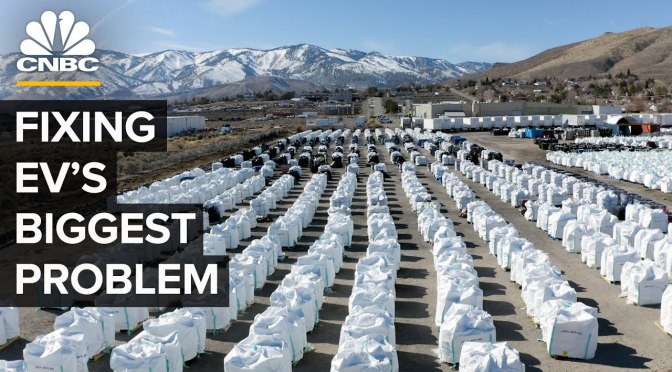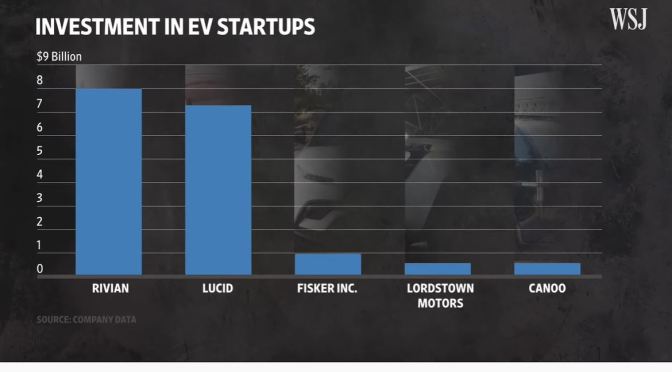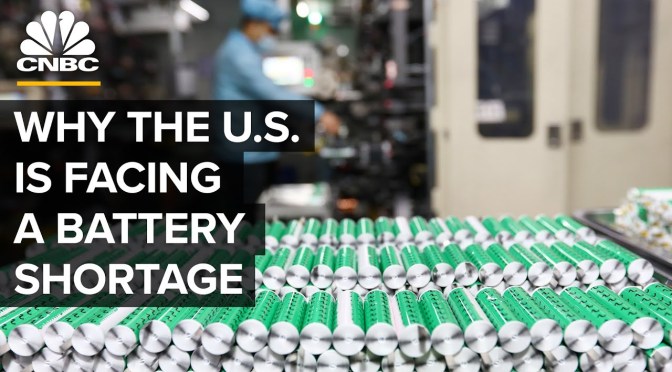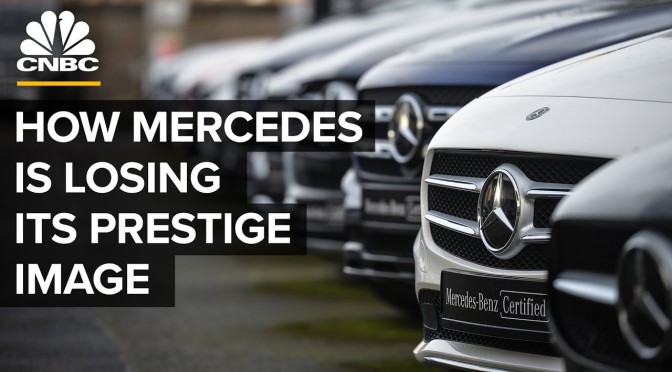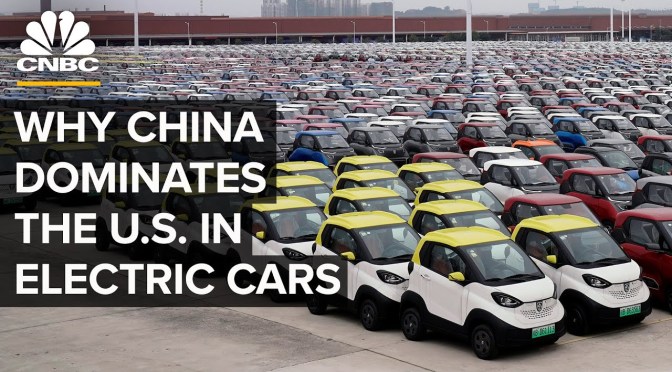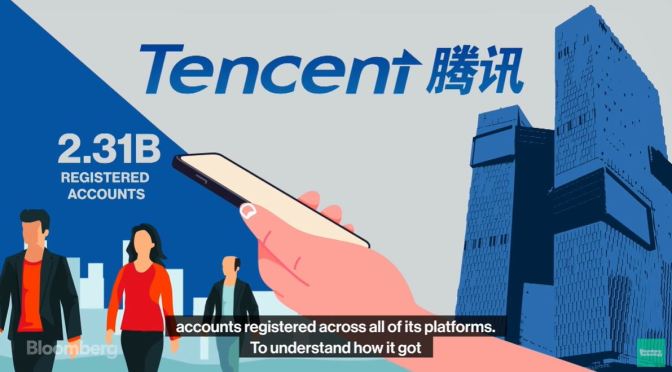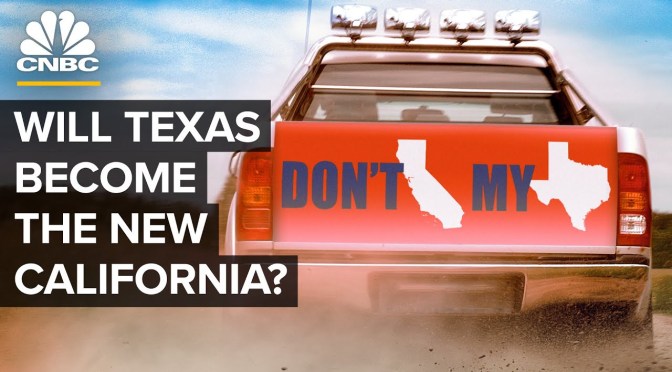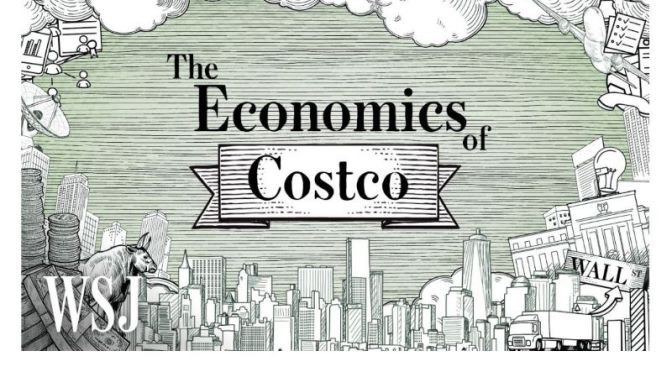Lithium-ion batteries are everywhere — in phones, laptops, tablets, cameras and increasingly cars. Demand for lithium-ion batteries has risen sharply in the past five years and is expected to grow from a $44.2 billion market in 2020 to a $94.4 billion market by 2025, mostly due to the boom in electric cars.
And a shortage of lithium-ion batteries is looming in the U.S. Former Tesla CTO and Elon Musk’s right-hand man, JB Straubel, started Redwood Materials in 2017 to help address the need for more raw materials and to solve the problem of e-waste. The company recycles end-of-life batteries and then supplies battery makers and auto companies with materials in short supply as EV production surges around the world. Straubel gave CNBC an inside look at its first recycling facility in Carson City, Nevada. Watch the video to learn why battery recycling will be an essential part in making EV production more sustainable.

